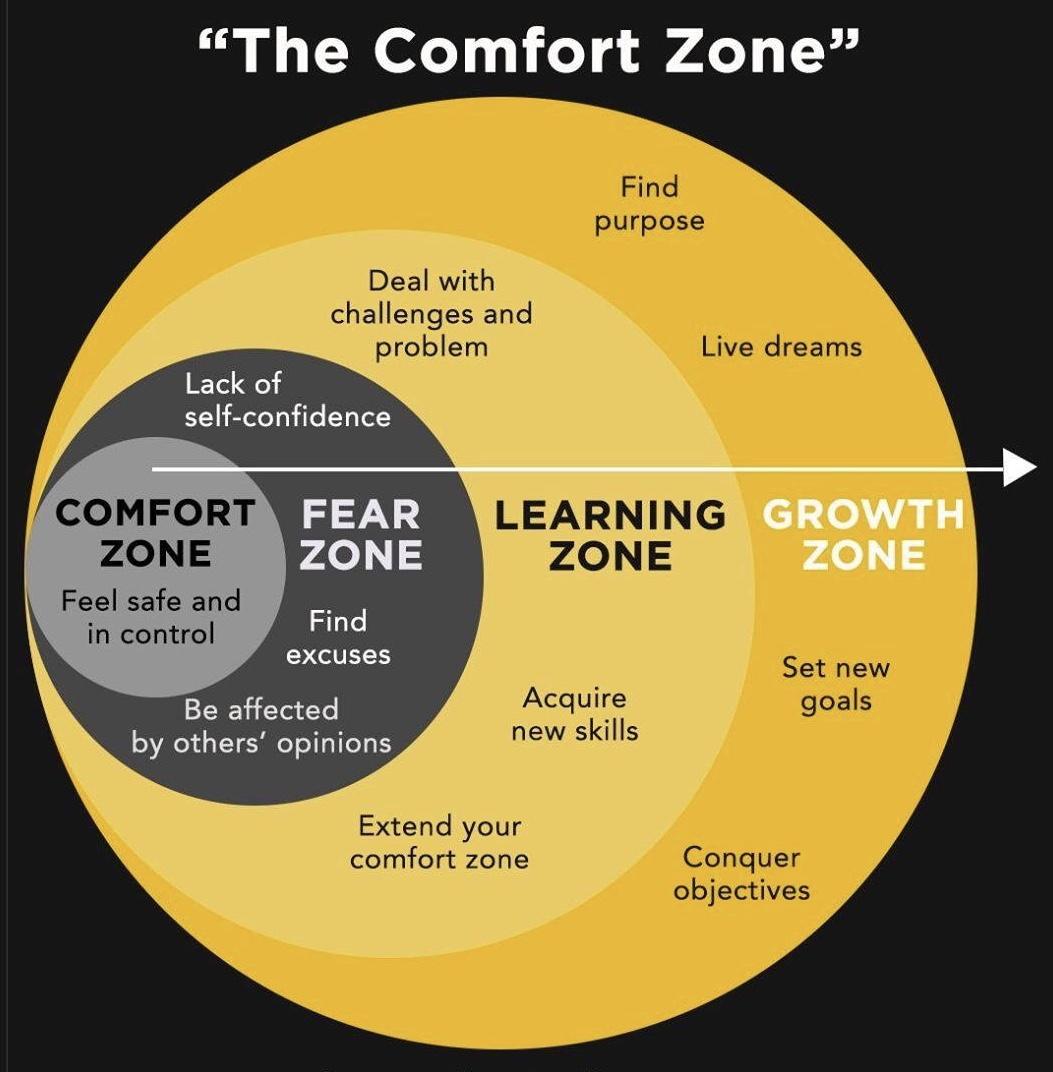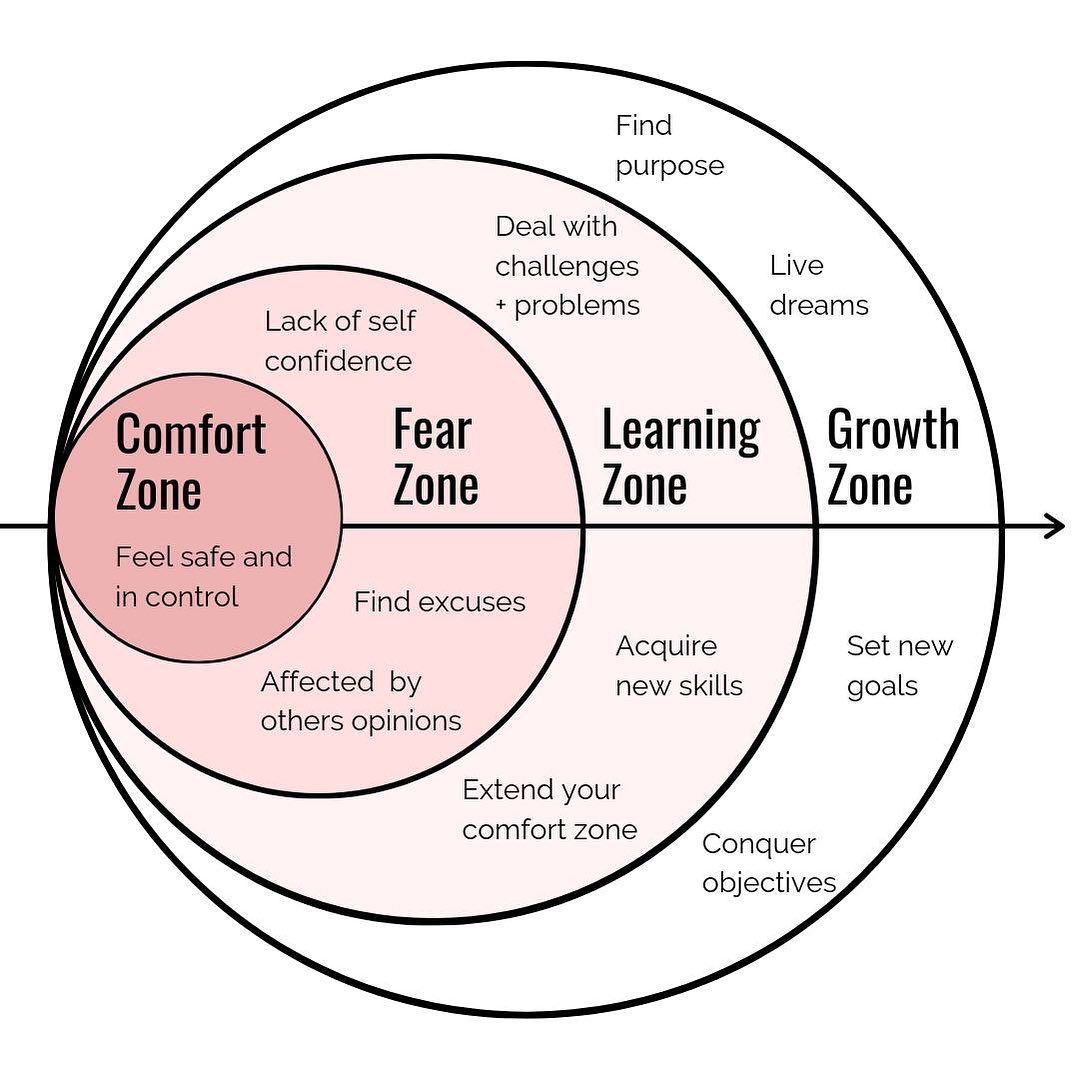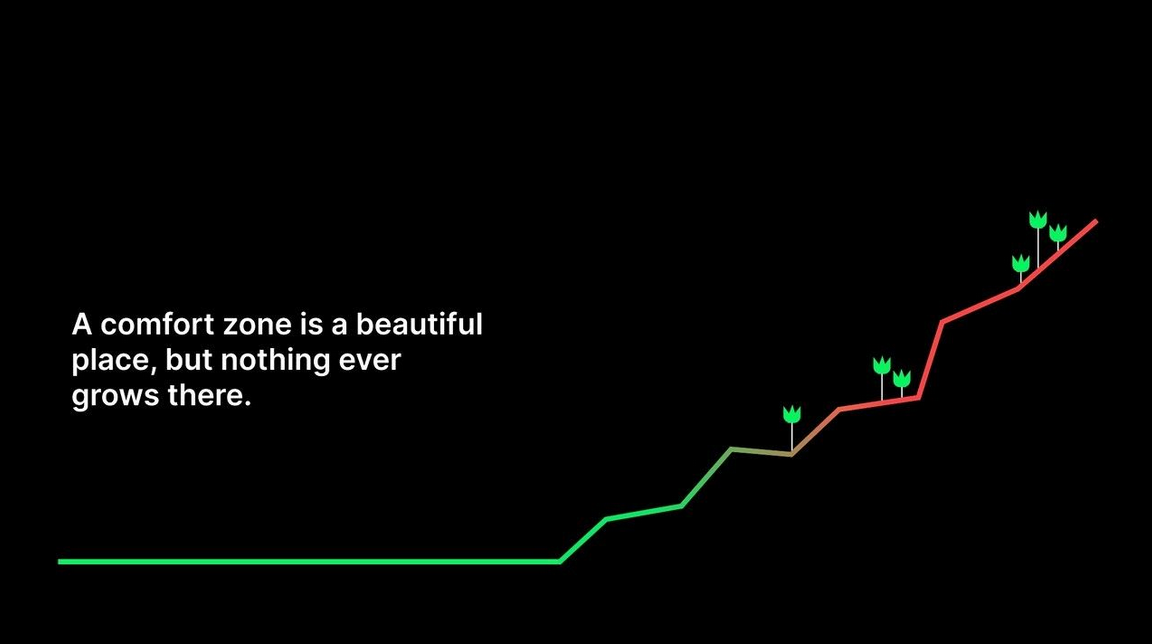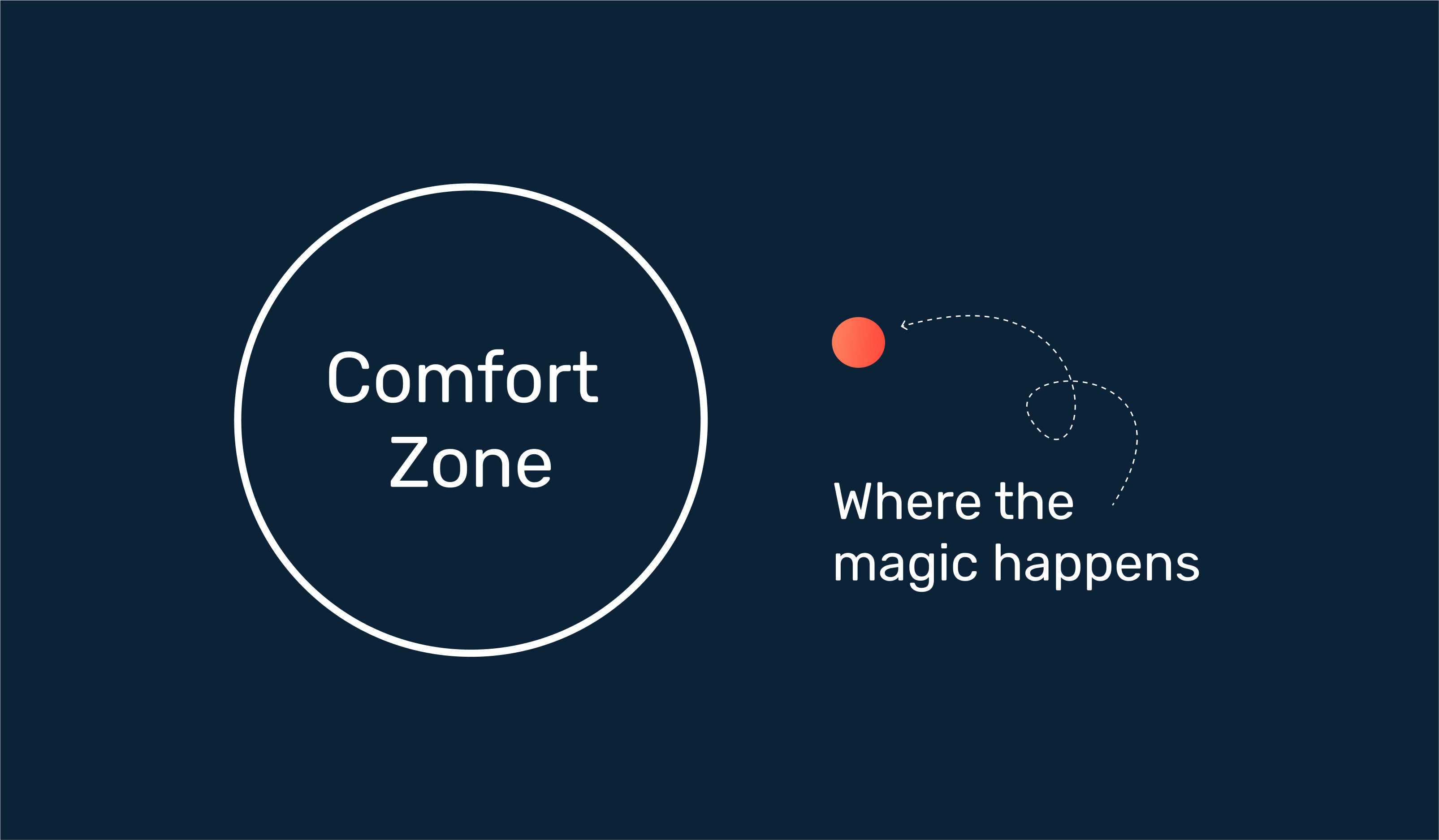Why You Should Leave Your Comfort Zone

Feeling stuck? It's time to break free. Your personal and professional growth hinges on it.
This article explores why consistently challenging yourself beyond the familiar is crucial for unlocking potential, adapting to change, and leading a more fulfilling life. Ignoring this call to action can lead to stagnation, missed opportunities, and ultimately, regret.
The Stagnation Trap
The comfort zone, while appealing, becomes a cage. Remaining there limits exposure to new ideas and skills.
Research from Stanford University reveals that individuals who consistently seek new experiences demonstrate higher levels of creativity and problem-solving abilities.
Staying put means missing out on crucial learning opportunities and personal evolution.
Unlocking Untapped Potential
Stepping outside your comfort zone forces you to confront challenges you might not have otherwise considered.
This confrontation fosters resilience and self-confidence, key components of personal growth, according to a study published in the Journal of Applied Psychology.
By facing fears and overcoming obstacles, you unlock hidden talents and discover capabilities you never knew you possessed.
Adaptability in a Changing World
The world is in constant flux. Skills valued today might be obsolete tomorrow.
Embracing change and proactively seeking new experiences equips you to adapt to evolving circumstances, according to a 2023 report by the World Economic Forum, which highlights adaptability as a critical skill for the future workforce.
Those who resist change risk becoming irrelevant.
Building Resilience
Failure is inevitable when pushing boundaries. It's how you respond that matters.
Experiencing setbacks outside your comfort zone builds resilience – the ability to bounce back from adversity.
Resilience is a crucial trait for navigating life's challenges and achieving long-term success, says Dr. Carol Dweck, a leading researcher in the field of mindset.
Expanding Your Perspective
Exposure to new cultures, ideas, and perspectives broadens your understanding of the world.
Traveling, learning a new language, or engaging in volunteer work can challenge your preconceived notions and promote empathy.
This expanded perspective fosters more meaningful connections and enhances your ability to collaborate with others from diverse backgrounds.
How to Break Free
Start small. Choose one area of your life where you feel stuck.
Identify a specific, achievable goal that pushes you slightly beyond your current limits. For example, if you fear public speaking, start by presenting to a small group of friends or colleagues.
Gradually increase the level of challenge as you gain confidence. Remember to celebrate your progress along the way.
Ongoing Development
Embracing discomfort is an ongoing process, not a one-time event.
Commit to regularly seeking new challenges and expanding your horizons. Don't settle for complacency.
Your growth depends on it.


















